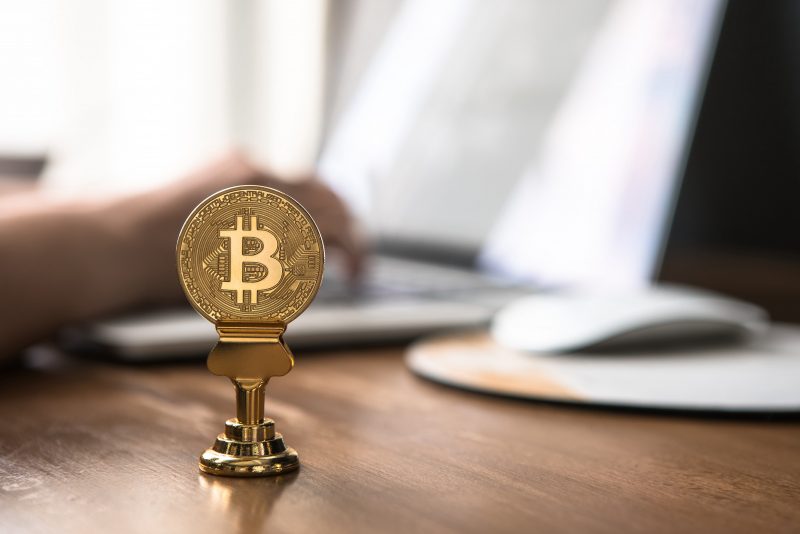
Introduction
Bitcoin was invented by an unknown group or individual in 2008 with the name Satoshi Nakamoto. However, Bitcoin started in 2009 and quickly began to disrupt the digital currency market. Today, there are more than 700 distinctive digital currencies, but Bitcoin remained the best among the other cryptocurrencies.
A decade has passed and there is still no clear answer to the legal status of bitcoin trading. There’s uncertainty amongst traders about bitcoin trading. Many countries that use bitcoins have also been limited by the laws that apply to other asset groups.
Things to Know About Bitcoin
Nowadays, consumers have an increasingly distinctive opportunity to purchase merchandise directly from bitcoins through online platforms or through the use of Bitcoin cards at physical stores. Different virtual currencies like Bitcoin are traded at exchanges, and organizations have invested a huge amount of funds on digital currency-related enterprises.
Cryptocurrencies like Bitcoin help investors stay anonymous while trading. Along with this, Bitcoin functions under a decentralized digital currency system without any intervention by any financial institutions or governing bodies. In addition, Bitcoin trading is a peer to peer transaction. This makes for an efficient method of carrying out cross-border trade by having virtually no exchange charges.
However, despite all of this commercial activity around cryptocurrencies, there seems to be no standardized law to govern it. As a result, many traders are speculating about it and consider bitcoin trading is illegal and fraud. Here, we’ll learn whether or not bitcoin trading is legal and how to stay on the safe side.
The Legal Status of Bitcoin Trading
Bitcoin works within a deregulated framework, and there is no authority to control it. Bitcoin addresses do not contain Social Security Numbers or other relevant information, such as standard financial accounts. In the beginning, that was one of the biggest concerns about the use of Bitcoin as though it had been used for fraudulent activities.
During its early years, the apparent anonymity of Bitcoin led to a variety of illicit activities. This was considered to be used by drug traffickers, the most common one being the Silk Road commercial. This was a part of the supposed dim network where clients could buy illicit drugs. These illegal activities were finally disrupted after the Silk Road was shut down.
Under these circumstances, Bitcoin has a few major flaws for those looking for anonymity. Specifically, Bitcoin renders an unalterable record of anything being equal. When a person is connected to an address, it can be used for various exchanges. However, these days the illegal activities in Bitcoin trading are moving away.
Legal Status of Bitcoin Trading in Various Countries
The fact that bitcoin can be secretly used to trade between consumers anywhere in the world makes it particularly tempting to potential traffickers, such as illegal tax evasion. And hence, many governments accuse digital currency standards as a criminal tool for buying and selling illicit goods, such as drugs or weapons. However, a few nations stand apart from others in the degree of penetration that digital currency trade is legal.
Bitcoin is legal in the U.S., Canada, Japan, Australia, South Korea, and other developed countries. But, the use of Bitcoin is illegal in many countries such as Vietnam, Bolivia, Iceland, etc. Apart from this, there are some countries, where the use of digital currency is still in the shadows, and there is no clear rule whether it is legal or not.
Conclusion
Despite this, nations do not have undeniable mechanisms that control, regulate, or reject Bitcoin trading. The decentralized and enigmatic essence of bitcoin drives a variety of authorities on the best way to allow for legal use while preventing illegal transactions. Most nations are still dissecting strategies to direct Bitcoin trading in an ethical manner.
